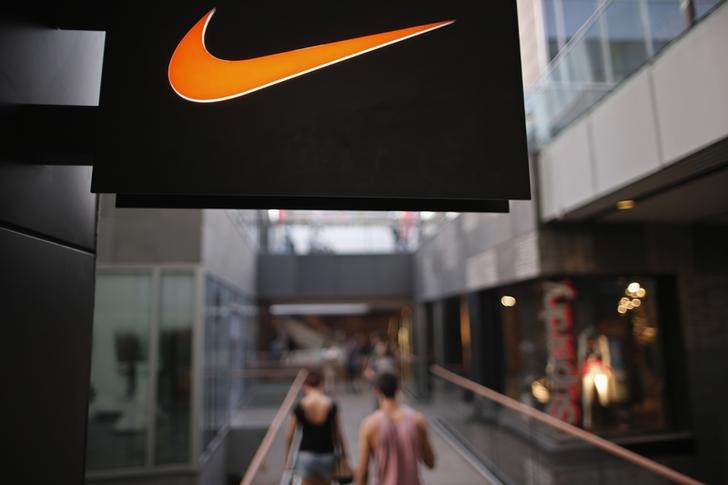This post was originally published on this site
https://i-invdn-com.investing.com/trkd-images/LYNXMPEJ5T031_L.jpg
After German inflation bucked the trend and rose more than expected in June, the spotlight will firmly be on euro zone and French inflation reports, with investors wondering if the German data was just a blip or something worse.
Economists polled by Reuters expect the euro zone inflation rate to fall to 5.6% in June from 6.1% in May.
While German consumer prices – harmonised to compare with other European Union countries – rose by a higher-than-anticipated 6.8% on the year in June, inflation slowed sharply in Spain and Italy.
ING economists said a bit of a divergence might be developing in terms of inflation in the region, leading to some disagreement on the best path forward for interest rates.
“Though one suspects that the response will be, if in doubt, hike,” they said.
European Central Bank President Christine Lagarde pretty much cemented expectations earlier this week for a ninth consecutive rise in euro zone rates in July, saying the central bank was still not seeing enough evidence that underlying inflation has turned a corner and is on a path to deceleration.
The hawkish rhetoric was shared by other major central banks including U.S. Federal Reserve Chair Jerome Powell, who signalled the U.S. central bank was ready to resume its rate-hike campaign.
Rate-hike jitters kept equities in check in Asian hours, with European stocks set for a moderately higher open. Investors are also watching for the U.S. Personal Consumption Expenditures index, the Fed’s favoured inflation gauge, later on Friday.
Meanwhile, the yen broke beyond 145 a dollar, a proverbial ‘line in the sand’, resulting in fresh warning from Japan’s finance minister. “We will respond appropriately if the moves become excessive,” Shunichi Suzuki said.
The yen’s slide has put authorities under pressure as market participants remain wary of a potential intervention. The intervention launched in September, when the yen weakened past 145 per dollar, was the first in 24 years.
In the corporate world, Nike (NYSE:NKE)’s dour earnings forecast underscored the challenge facing the footwear maker as cost-conscious consumers in North America cut back on discretionary spending in the face of still high inflation rates.
Key developments that could influence markets on Friday:
Economic events: German retail sales, UK Q1 GDP, Eurozone, French June inflation

